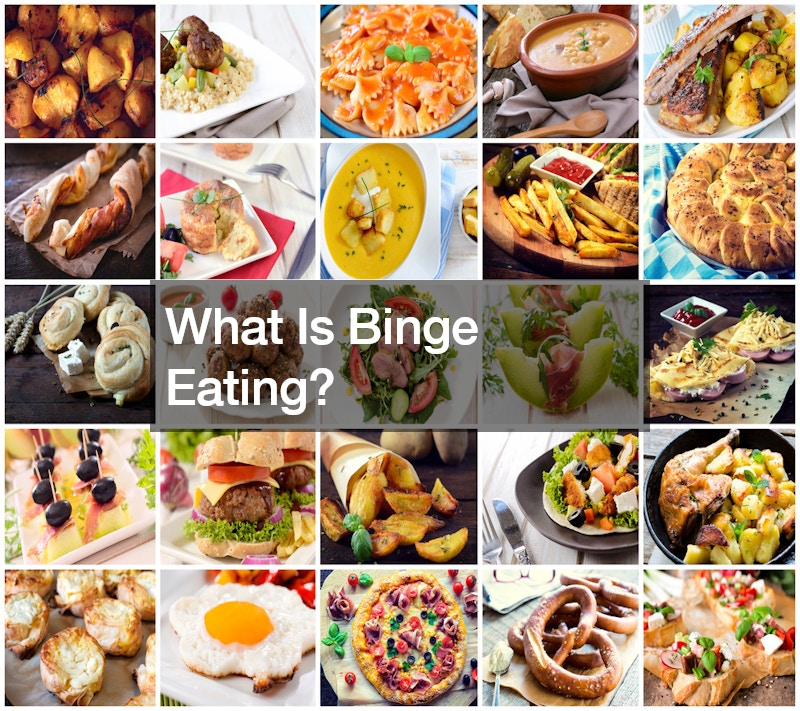Binge eating is a serious eating disorder characterized by recurrent episodes of consuming large quantities of food in a short period, often to the point of discomfort and without a sense of control. Unlike occasional overeating, binge eating involves a loss of control during episodes, accompanied by feelings of guilt, shame, and distress afterward. Individuals with binge eating disorder may use food as a coping mechanism to deal with emotional or psychological issues, leading to a vicious cycle of bingeing, guilt, and further emotional distress.
The causes of binge eating disorder are multifaceted and can include genetic, biological, psychological, and environmental factors. Emotional stress, low self-esteem, body dissatisfaction, and past traumas can contribute to the development of binge eating behaviors.
Additionally, societal pressures and cultural norms surrounding body image and dieting may exacerbate feelings of shame and contribute to disordered eating patterns.

Treatment for binge eating disorder often involves a multidisciplinary approach, including psychotherapy, nutritional counseling, and medical intervention when necessary. A binge eating disorder clinic specializes in providing comprehensive treatment programs tailored to individual needs, focusing on addressing underlying emotional issues, developing healthy coping strategies, and fostering a positive relationship with food and body image. By seeking professional help from a binge eating disorder clinic, individuals can receive the support, guidance, and resources needed to overcome binge eating behaviors, improve emotional well-being, and establish a balanced and sustainable approach to eating and self-care.

